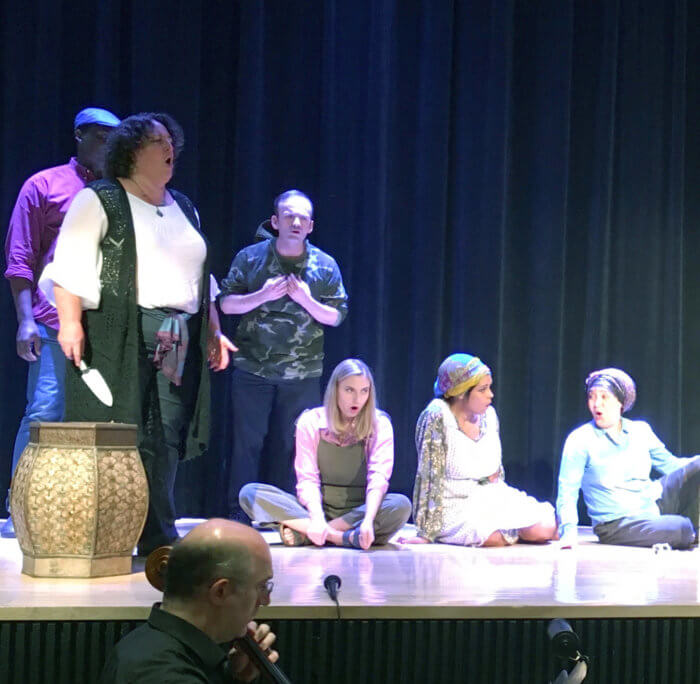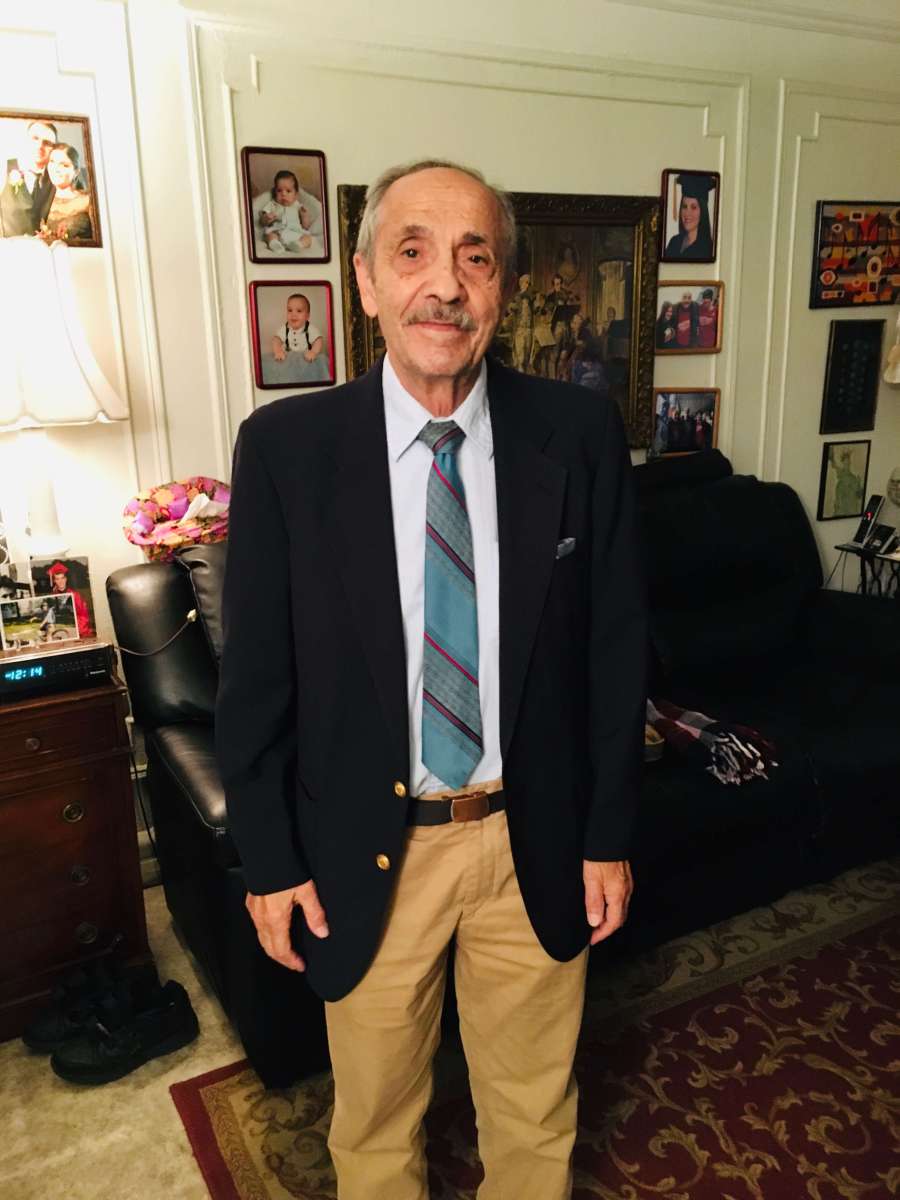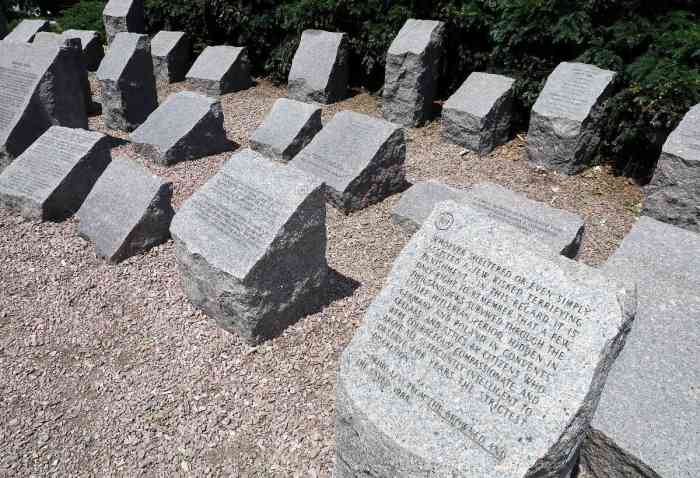An opera written, composed, and produced by an 89-year-old Holocaust survivor now living in Midwood will give Brooklynites a sobering glimpse at a desperate period of Jewish history.
“The Uprising of the Warsaw Ghetto,” at the Yeshivah of Flatbush on Feb. 9, tells the story of a Jewish rebellion against Hitler’s forces in Warsaw, Poland. In the first half of the opera, members of a kibbutz in 1960s Israel recall tragic tales from the Polish capital during the Holocaust; the second act brings the audience to the Warsaw ghetto where it all happened.

The Warsaw ghetto uprising — a different event than the later, more successful Warsaw Uprising — was an armed revolt by Jewish residents of the Polish ghetto, who faced deportation to Nazi-run extermination camps in 1943.
Bialor, who wrote his first opera at the age of 82, created the dramatic piece after learning that the uprising, which ended with Nazi soldiers burning the ghetto and killing an estimated 300,000 Polish Jews, had never been told on stage.
“There were many people living there and dying there and they all had stories,” said Bialor. “So, I made up a story.”
The opera is rooted in history, Bialor said, building on the known facts of the Warsaw uprising, including the names of its leaders, and the use of sewers to travel in and out of the Jewish ghetto.
“It’s historically based on the history of the Warsaw ghetto uprising and their suffering through the facts that are known generally,” Bialor said. “Mordechai Anielewicz was the leader of the uprising, so I gave him a girlfriend. They were escaping through the sewers and I didn’t create that they did that. I just embellished upon it.”
Bialor’s opera stands out among other stories of the Nazi regime, said its director, because it highlights the hope felt by those fighting the Holocaust, and the victory felt by those who survived it.
“He always ends with a message of hope. Even though it’s a depressing piece of history to be writing an opera about,” said Jane Leathers. “Harry has found a way to bring us hope and see victory amongst defeat.”
The orchestra, soloists, and chorus will be led by Pacien Mazzagatti, the principal conductor of the New York City Opera.
Bialor himself survived the Holocaust by hiding in a cramped potato cellar with his sister and two others, below a barn in Poland for two years. For nourishment, he and the other stealthy survivors would sneak out at night to steal food and livestock for the farm.
“The Uprising of the Warsaw Ghetto” at the Yeshivah of Flatbush [1609 Avenue J, between E. 16th and E. 17th streets in Flatbush, www.eventbrite.com]. Feb 9 at 2:30 pm. $30.





















